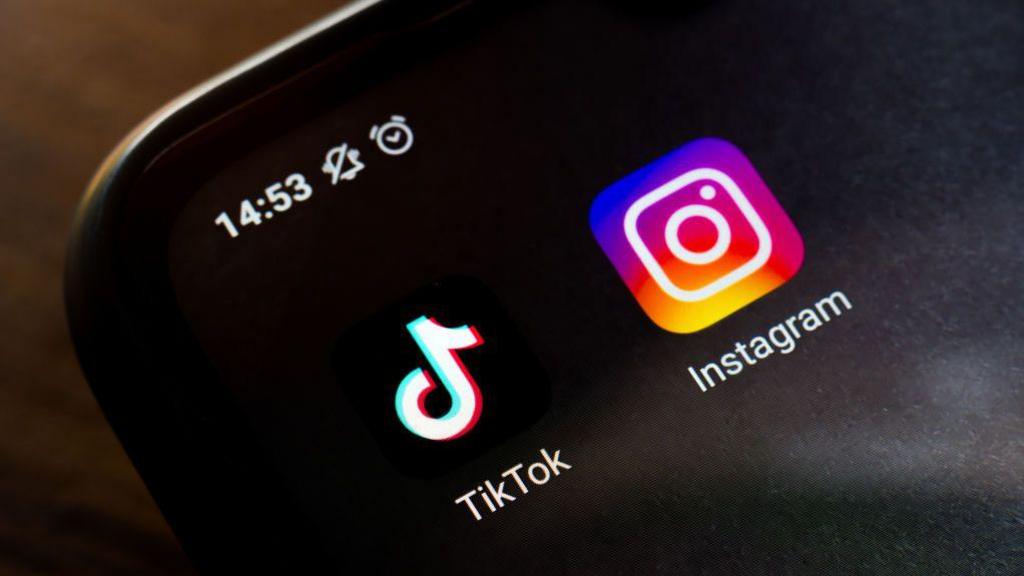Instagram courts TikTok users with algorithm revamp
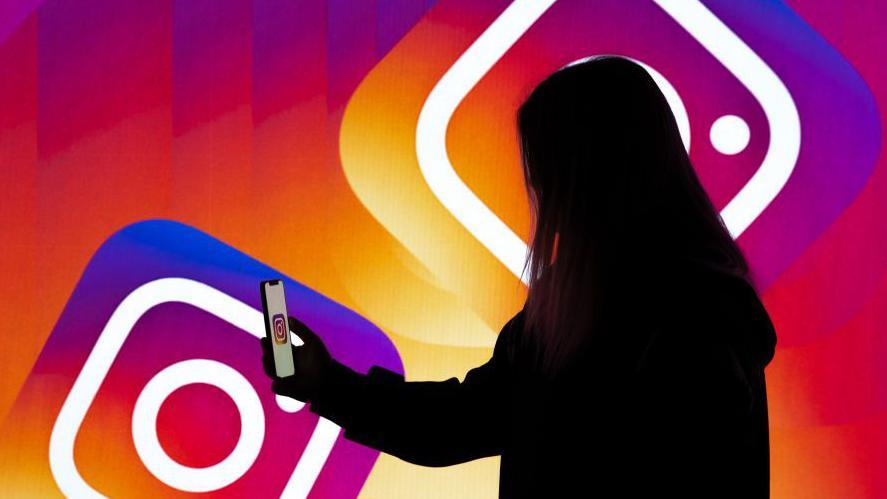
- Published
Instagram is overhauling its recommendations algorithms in what analysts say is an attempt to capitalise on TikTok's woes.
Changes to its system for suggesting content, particularly on Reels - its short-form video service - will prioritise original content and "give all creators an equal chance of breaking through".
Experts say the Meta-owned platform is trying to copy what has driven the success of TikTok - as its potential ban in the US looms.
But some in the creator community say the changes may come too late for users who have lost patience with Instagram's approach to its Reels feature.
In a blog post, external, Instagram said it would "correct" its previous approach to recommending content, which favoured accounts with larger followings and "aggregators" which repost lots of other creators' content.
The changes will be rolled out over the next few months.
Jasmine Enberg, principal social media analyst at eMarketer, said it was clear what Instagram had in its sights.
"The battle for TikTok creators is on," she told the BBC.
TikTok’s highly-personalised algorithm and For You Page of recommended content has made it “the platform of choice” for smaller, emerging creators keen to break through, she said.
Being so adept at promoting viral videos, regardless of who makes them, is what has helped make TikTok so popular worldwide - and is what Meta is seeking to copy, especially with its rival's future in doubt, in the US at least.
"Instagram wants to become the go-to platform for those creators if TikTok were to be banned," Ms Enberg explained.
'Sick and tired'
But this is not the first time Meta has tinkered with Instagram - and there is no guarantee it will work, for creators or audiences.
Katy Cowan, who runs Creative Boom - a Manchester-based platform for design creatives - told the BBC this has been "a kick in the teeth" for smaller creators.
She thinks the changes may come "too late" for those frustrated by frequent platform and algorithmic changes.
"I think people are just sick and tired of Instagram changing things," she said.
"I love Instagram and it's where I built my audience but the constant fluctuations in reach and stifled growth have made it not worth the investment in time," wrote film-maker Travis Meadors on Meta's app for text posts, Threads.
Under the changes in coming months, "aggregator" accounts that repeatedly post content they did not create, or make material edits to, will not be included in areas of the app where they are recommended to users, such as in Explore or Reels feeds.
Instagram will also "reward" original creators by replacing a duplicate of a video with its original in recommendations where it finds multiple versions.
This will not apply to content which is remixed or edited to become a meme or parody, it says.
It will also apply labels attributing original creators on reposted content.
"It takes a lot of time and effort to create original content, so those who create it should get credit and distribution even when it is reposted by other accounts," Instagram said.
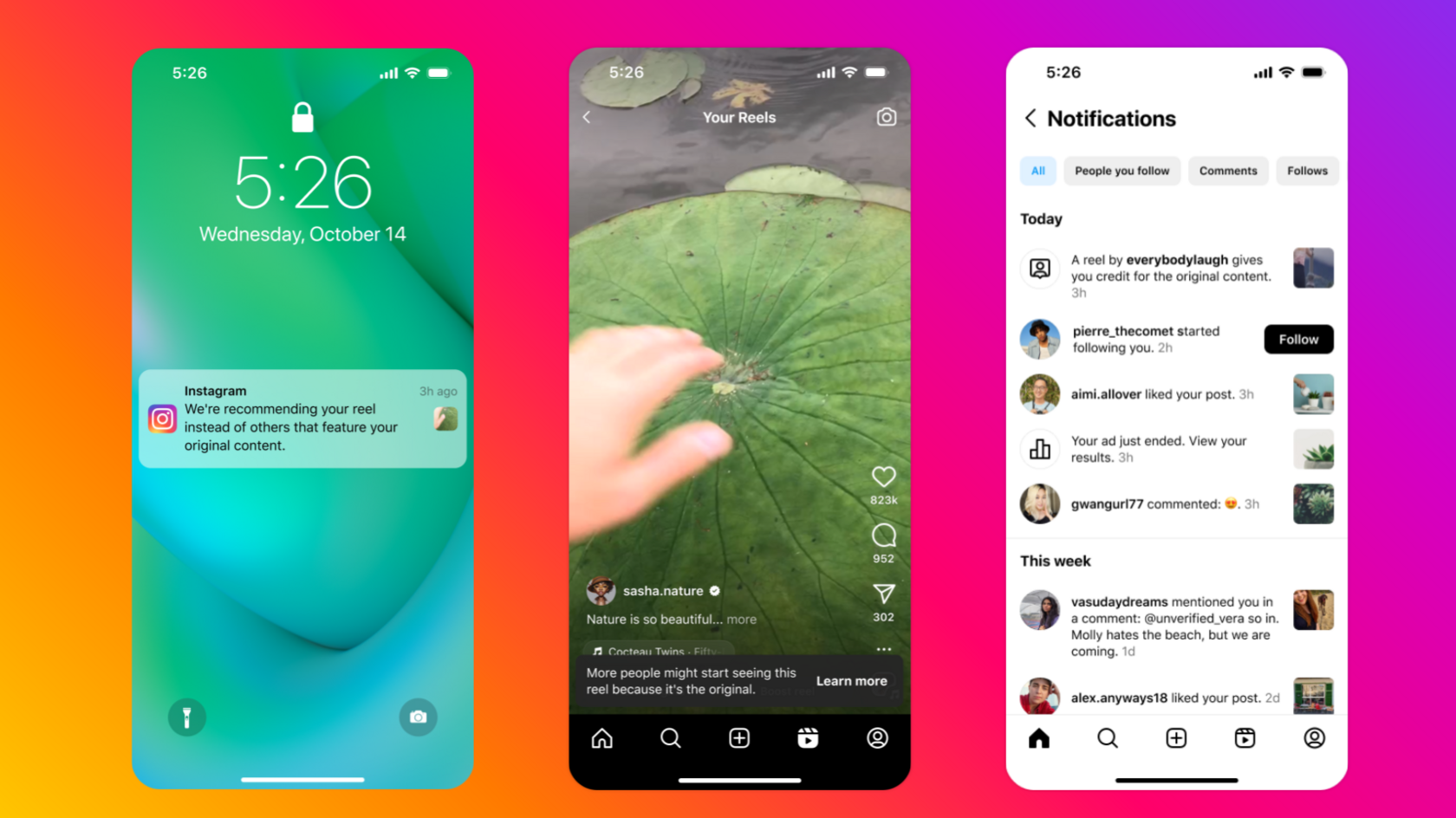
Instagram says creators will be notified when Reels featuring or reposting their content are replaced with their own, original content in recommendations.
Meta is not the only social media firm revamping its offering in the face of TikTok's travails.
Popular live-streaming platform Twitch - which is owned by Amazon - has also just rolled out its own TikTok-style short video feed to all users.
The "Discovery Feed" on Twitch's mobile app will provide users with a personalised, scrollable blend of clips and live streams to "help viewers find content to enjoy quickly and help streamers get discovered, even when they’re not live".
Whether these changes are what creators - and customers - actually want is less clear, says Kate Cowan.
Many are now looking to other platforms such as LinkedIn for an audience.
Some, she says, feel the key to reaching people in the future may even lie with approaches from the past, and a" humble return to traditional marketing" such as in-person events and meet-ups.
Related topics
Read more
- Published2 May 2024
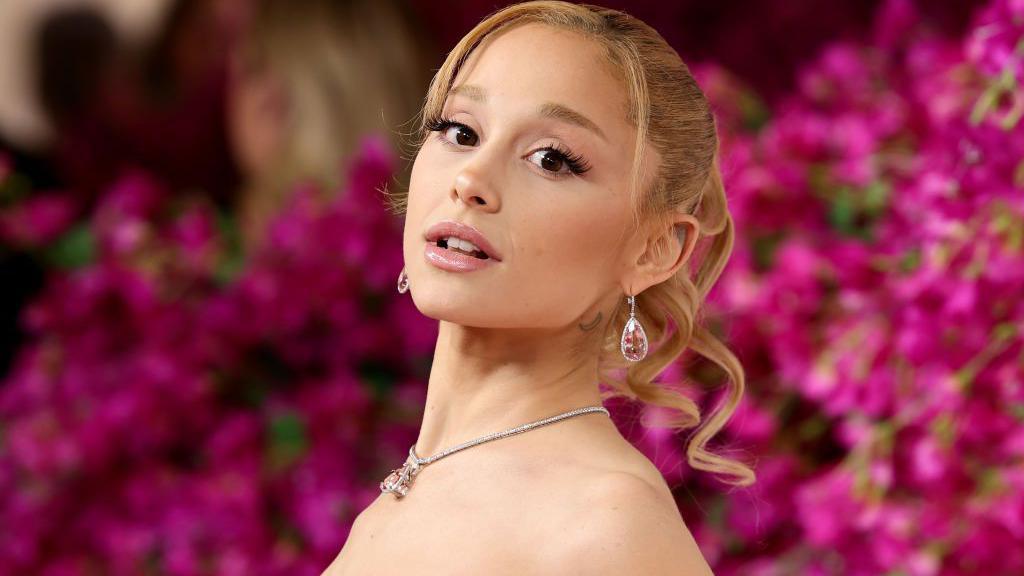
- Published30 April 2024
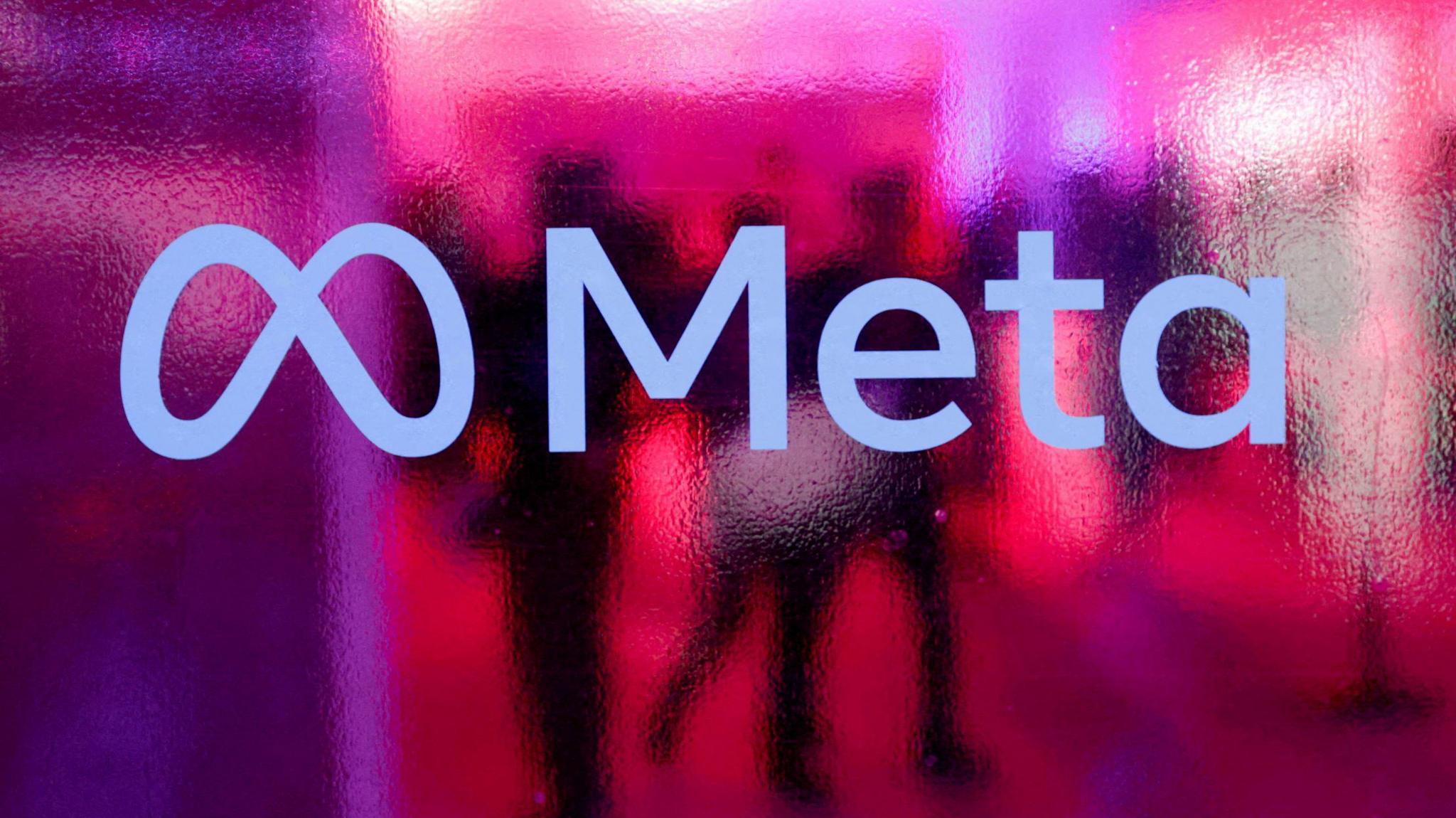
- Published9 April 2024
